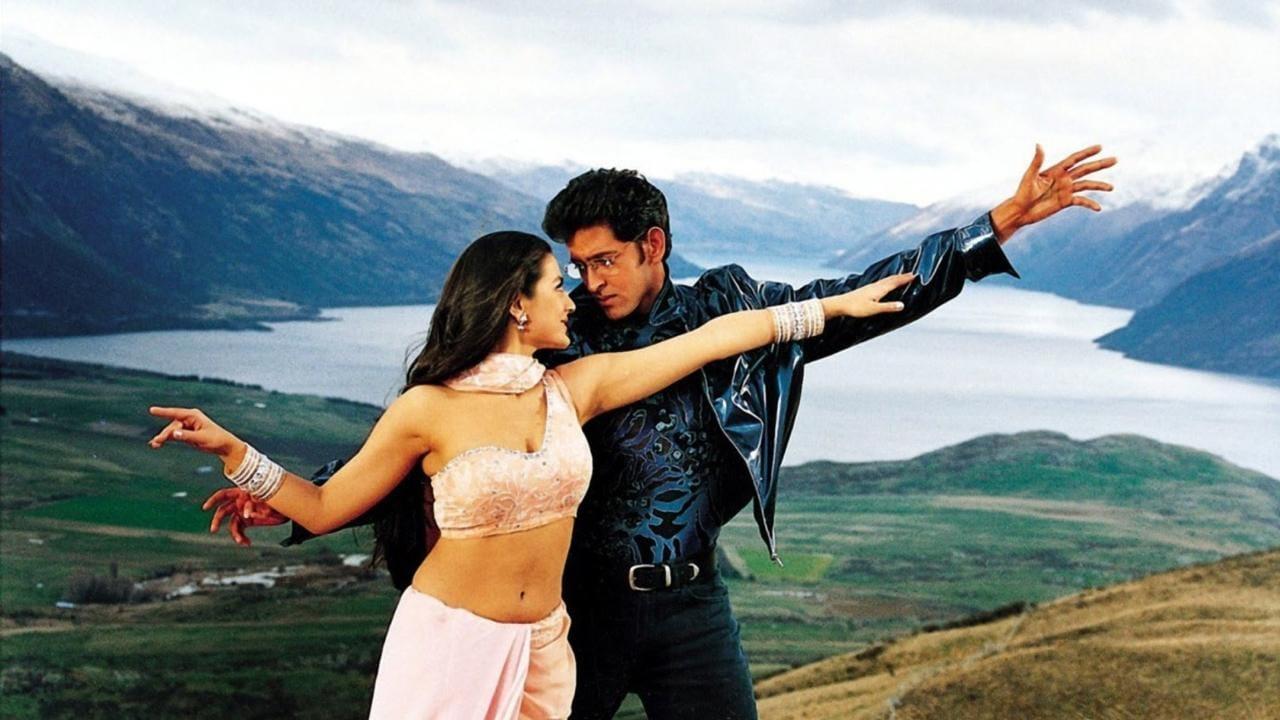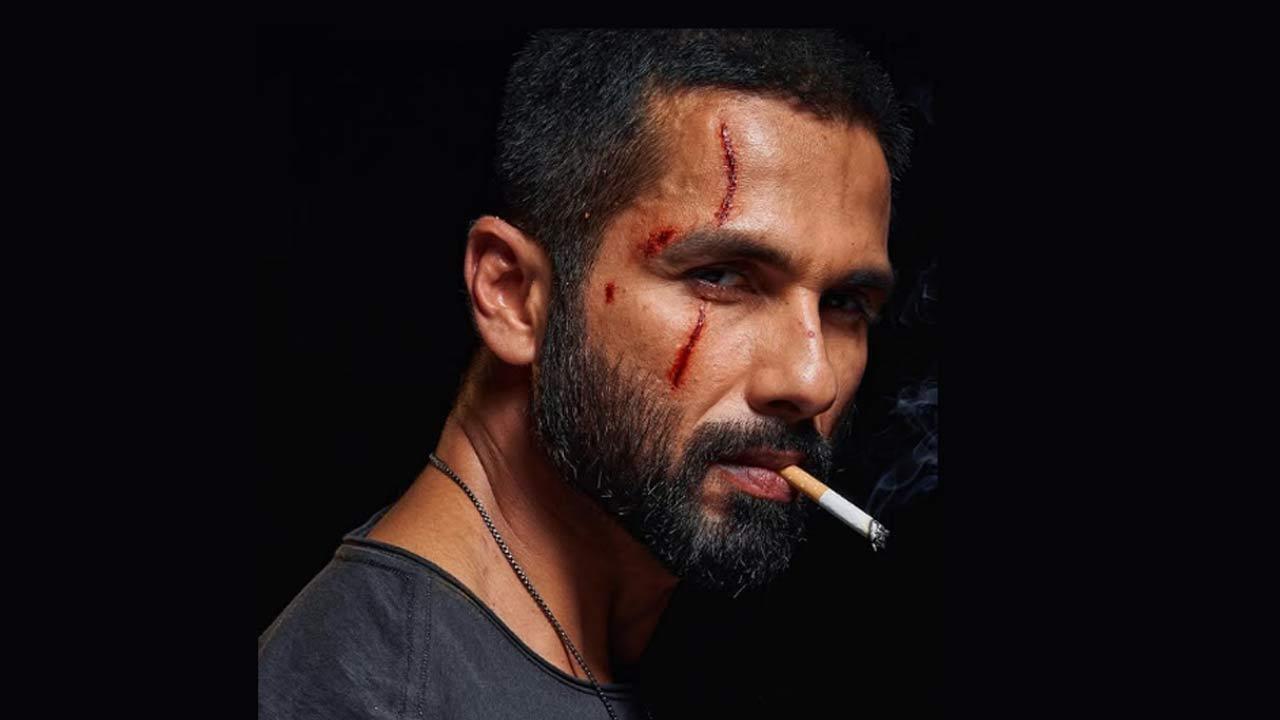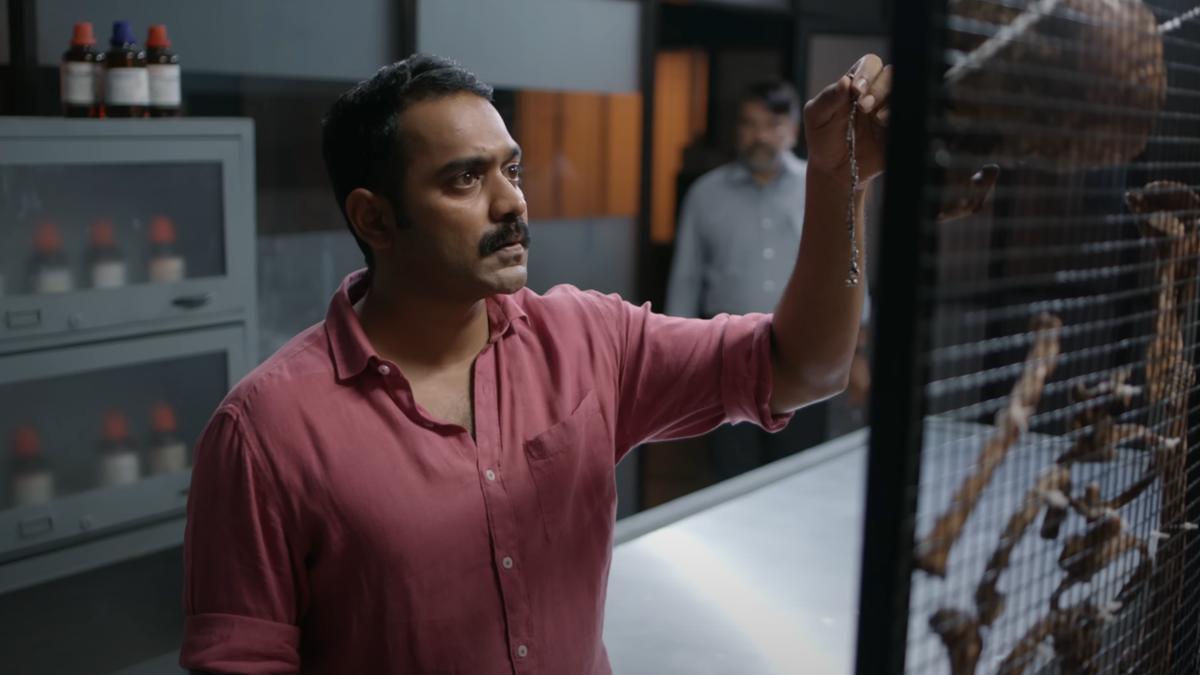
The cricketing world has seen its fair share of heated debates and controversies, but the latest spat between former India all-rounder and head coach Ravi Shastri and former England captain Michael Vaughan has made headlines worldwide. Shastri has robustly criticized Vaughan for his comments alleging an India-centric bias in the recently concluded T20 World Cup 2024 scheduling. Vaughan’s assertion that India had an unfair advantage due to their fixed semfinal venue being in Guyana was met with strong pushback from the Indian cricket fraternity.
India’s triumph over England in the T20 World Cup semi-final was a moment of sweet revenge. The win was significant, given their humiliating 10-wicket defeat by England at the same stage two years ago. Guided by the calm and strategic captaincy of Rohit Sharma, the Indian team went on to secure a resounding victory against South Africa in the final held in Barbados, lifting the coveted T20 World Cup trophy last Saturday.
In the other semi-final, Afghanistan faced off against South Africa and endured a disappointing loss. Following this, Michael Vaughan took to social media to voice his concerns over the tournament’s scheduling. He insinuated that the tournament organizers had shown favoritism towards India, resulting in an unfair advantage. Vaughan specifically highlighted issues related to Afghanistan’s travel itinerary. According to Vaughan, the Afghan players faced a flight delay while journeying to Trinidad, having played their final Super Eight match the day before.
Vaughan’s social media tirade was scathing. He emphasized that the delay disrupted Afghanistan’s preparations for the semi-final, which he felt was indicative of an utter lack of respect by the ICC towards the Afghan players. “So Afghanistan qualified for the WC semi, winning in St Vincent on Monday night… 4 hr flight delay on Tues to Trinidad so no time to practice or get accustomed to a new venue… utter lack of respect to players, I am afraid,” Vaughan wrote.
Former India head coach Ravi Shastri, known for his fiery persona, responded decisively to Vaughan’s allegations. Shastri dismissed Vaughan’s complaints about the perceived advantage given to India, particularly in terms of scheduling.
“Michael Vaughan can say what he wants.
. Nobody in India cares. Let him sort out the England team first. He should give advice on what happened to the England team in the semifinal. India are used to lifting Cups. I know England have won twice, but India have won four times. I don’t think Michael’s lifted a Cup ever. So think twice. He is a colleague of mine, but that’s my answer to him,” Shastri told Times Now.
Shastri’s retort drew significant attention and was in line with the general sentiment of many Indian fans and cricket pundits, who have frequently viewed Vaughan’s comments as controversial and often lacking in merit. This exchange, however, signifies a deeper discourse about the organization and fairness in global cricket tournaments.
The assertion that India has been shown favoritism through scheduling raises important questions about the transparency and equitability of international cricket bodies, including the ICC. Such concerns are not new and have surfaced repeatedly in various forms, mostly before or after major world events such as the T20 World Cup. While Vaughan’s criticism might be dismissed by some as mere sour grapes following England’s semi-final defeat, it does stimulate a conversation about the broader governance of the sport.
Transparency in the scheduling of matches, fair play, and respect for all participating teams are paramount to maintaining the integrity of international tournaments. The ICC, which governs these aspects, must ensure that all teams are treated equally. Any perceived bias can undermine the spirit of the competition and send the wrong message to fans and aspiring cricketers worldwide.
Ravi Shastri’s assertion that India is accustomed to lifting Cups underscores the nation’s dominant position in the cricketing world. India’s cricketing prowess is undeniable, having secured multiple ICC trophies across different formats over the years. However, the notion that such success comes with additional privileges or systematic favoritism is a contentious and sensitive subject.
The ICC, while dealing with this controversy, needs to demonstrate not only its impartiality but also to ensure that all logistical arrangements for future tournaments are executed without any hitches that could lead to accusations of bias. Improving communication with participating teams and addressing their grievances promptly can go a long way in preserving the sanctity of the sport.
In summary, the fracas between Ravi Shastri and Michael Vaughan is a microcosm of larger debates in the cricketing community about fairness and integrity. While both Shastri’s and Vaughan’s viewpoints reflect their national loyalties and personal experiences, the ICC’s role as the neutral governing body remains crucial in mitigating such disputes through transparent and equitable processes.










